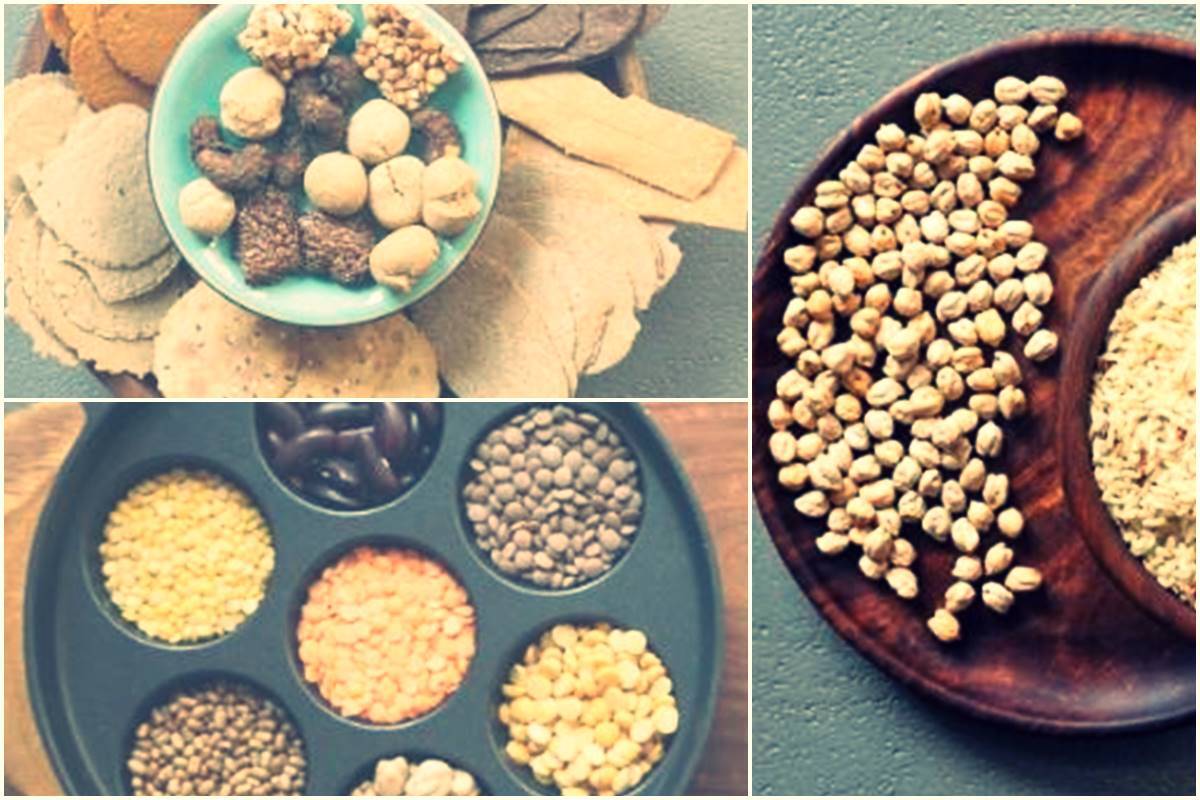If one positive could be drawn out of the devastating global COVID 19 crisis, it is the fact that this calamitous pandemic has made people more conscious about the need for healthier lifestyles, nutrition as well as their environmental footprint. The need to get rid of our unsustainable lifestyles has gained renewed currency in the post pandemic world. The natural corollary of this shifting consciousness has been a re-emerging interest in healthy eating as well as in naturopathic principles that focus on strengthening the human body from within.
Demand for nutraceuticals and immunity boosting foods has skyrocketed across the world as people seek to bolster themselves against the viral scare. Medicinal herbs, spices, seeds and healthy oils are replacing traditional practices in households as Google search indicated manifold jump in online searches for naturopathic remedies such as giloy and vitamin C. An emerging focus on preventive healthcare is gradually but systematically bringing about a shift in what we eat and the way we eat!
The economic impact of biosimilars on the Australian health care system is now clearer, with data revealing their role in reducing market expenditure and driving price competition.
The Chinese Golden Week impacts Ocean Freight Shippers for two main reasons:
Donald Trump’s tariffs of 50% have come into force on most US imports from India. India’s giant generic pharmaceuticals sector and its electronics and petroleum products are exempt from the tariffs. Aluminium, steel and copper remain at 25%, but job-heavy sectors such as textiles, jewellery, seafood and leather are squarely in the line of fire.
The European Chemicals Agency (ECHA) has published the updated proposal to restrict per- and polyfluoroalkyl substances (PFAS) under the EU’s chemicals regulation, REACH. The update has been prepared by the authorities from Denmark, Germany, the Netherlands, Norway and Sweden, who submitted the initial proposal in January 2023.
Most chemicals exported from the 27 member countries of the European Union into the US will be subject to a 15% tariff on top of their selling prices under an agreement signed on July 27 between the US and the European Commission.
We’re thrilled to announce a new strategic alliance between ExSyn, Exim-Indis and simABs, a leading EU-based biologics manufacturer known for its patented continuous flow technology in antibody production.
The global trade landscape is undergoing significant changes following the announcement of new reciprocal tariffs by the United States government. Recent developments indicate significant shifts in global trade dynamics, with key policy adjustments, ongoing negotiations, and evolving logistics patterns. Below is a summary of the latest developments.
In January 2025, the US FDA published a draft regulatory guidance entitled “The Considerations for Use of Artificial Intelligence to Support Regulatory Decision-Making for Drug and Biological Products”.
The adoption of artificial intelligence (AI) and large language models (LLMs) is rapidly reshaping clinical research and drug development.
